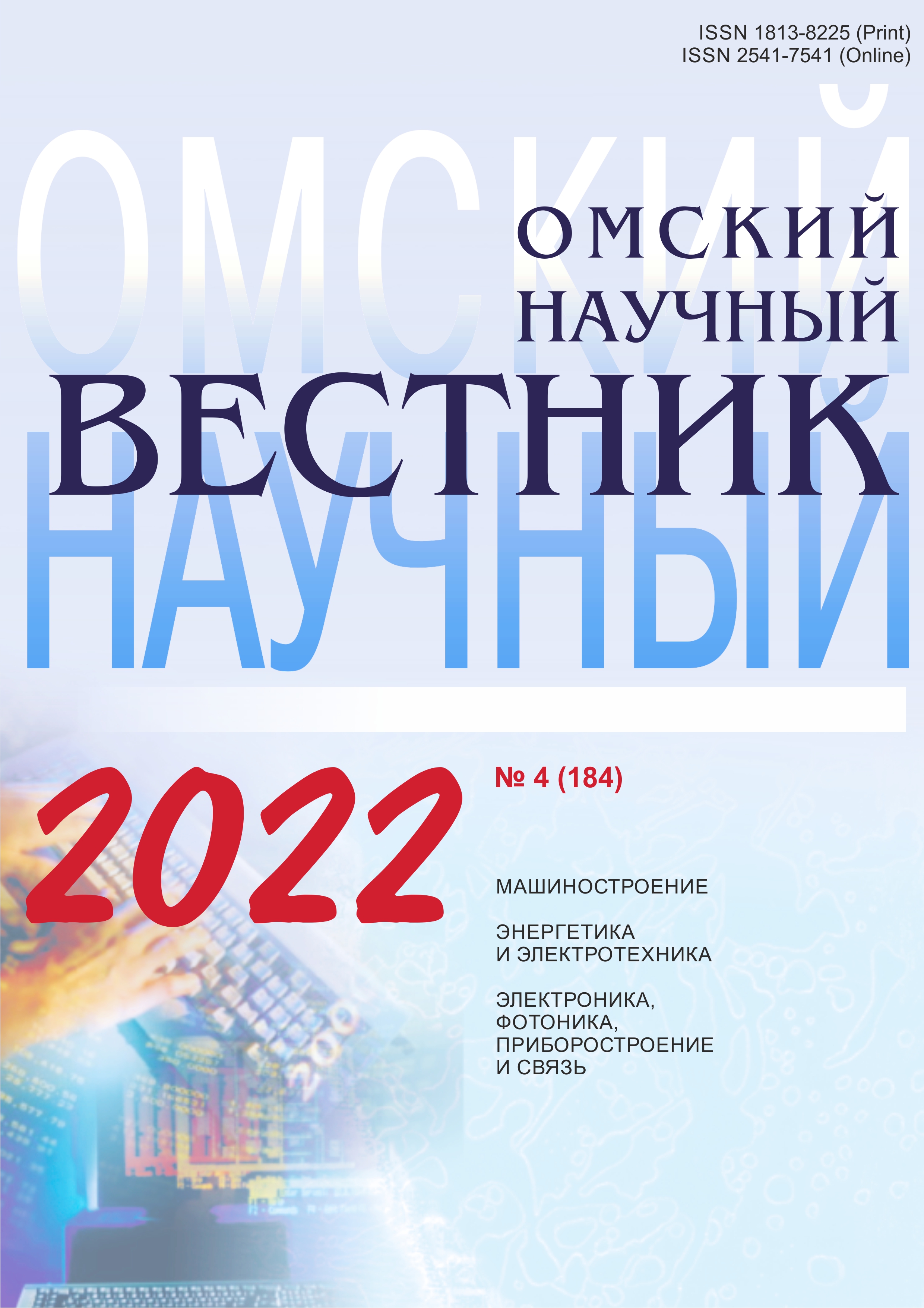Implementation of PI-speed controller of DC motor by mathematical modeling
DOI:
https://doi.org/10.25206/1813-8225-2022-184-75-81Keywords:
DC motor, PI controller, mathematical modeling, MatLab, rotation speed, errorAbstract
The work is devoted to mathematical modeling of a DC motor rotation speed control system based on the use of a PI controller. DC motors are widely used in industry for driving cyclical mechanisms where high speed response, high starting torque, linear control are required. The main methods for controlling the required characteristics of the speed of rotation of a DC motor with independent excitation are to control the parameters of the armature and excitation windings fed from different sources. The PI controller is widely used in programmable logic controllers due to the simplicity and clarity of the mathematical apparatus. The proposed mathematical model of the PI controller is based on the choice of optimal parameters that ensure that the actual speed is kept close to the set one. The optimum PI controller coefficients KP and KI have been determined to give the best result for a constant speed. The results of computer simulation in MatLab are compared with the results of simulation on a laboratory setup. The data are obtained when using the PI controller for the steady-state error and transient time look preferable to the simulation model with voltage regulation. The developed mathematical model shows the following main results: acceleration time < 0,3 s; transient process time < 0,5 s; overshoot does not exceed 0,5 %; the steady-state error does not exceed 0,1 %. As a result of the study, a mathematical model is developed and the operation of a DC motor with a PI controller is analyzed, which makes it possible to almost completely eliminate forced oscillations and a steady-state error. The advantage of the proposed method of using the PI controller is noted as a more familiar and easy-to-use control element when implemented in existing control systems without any special changes.
Downloads
Published
How to Cite
Issue
Section
License
Non-exclusive rights to the article are transferred to the journal in full accordance with the Creative Commons License BY-NC-SA 4.0 «Attribution-NonCommercial-ShareAlike 4.0 Worldwide License (CC BY-NC-SA 4.0»)




